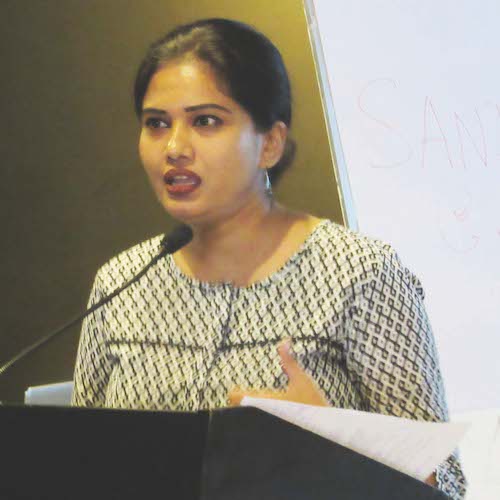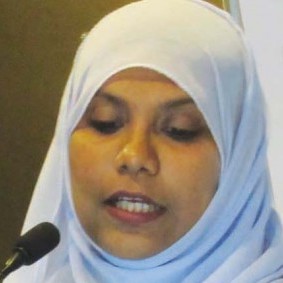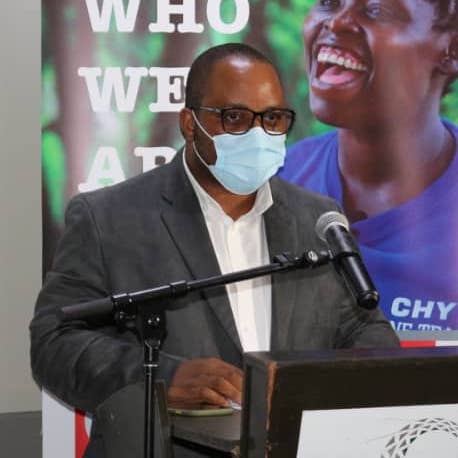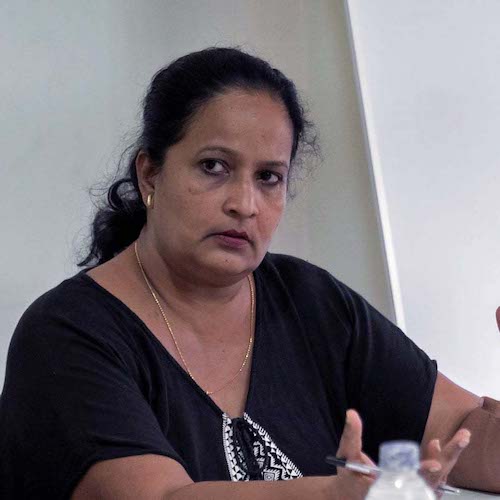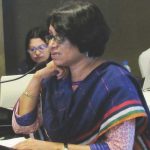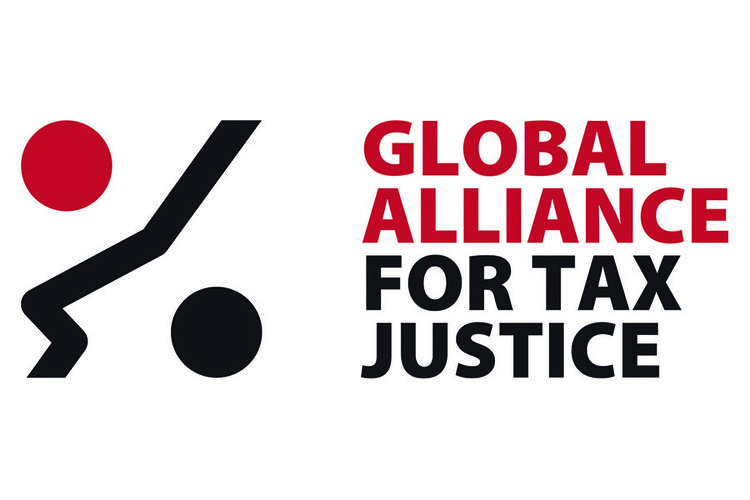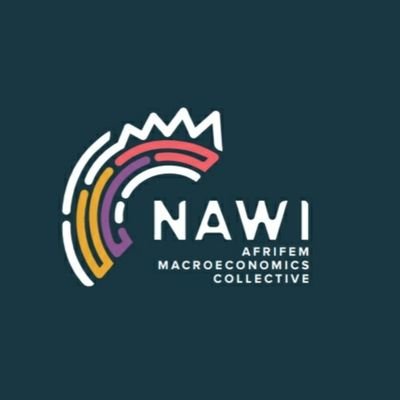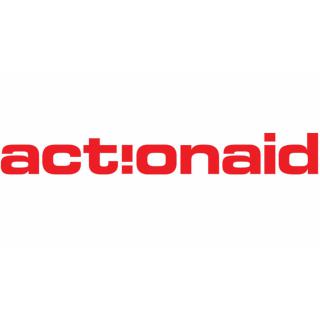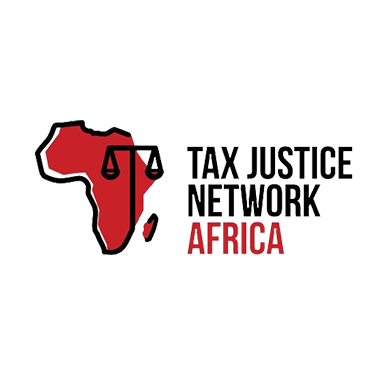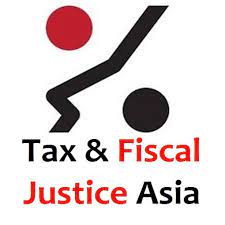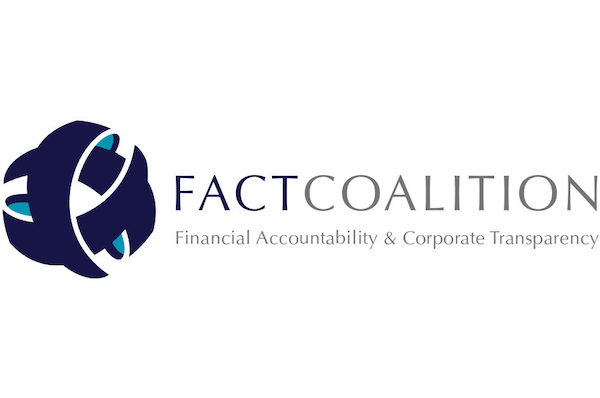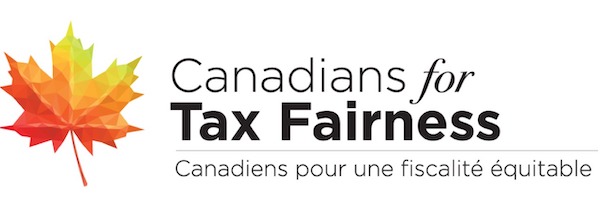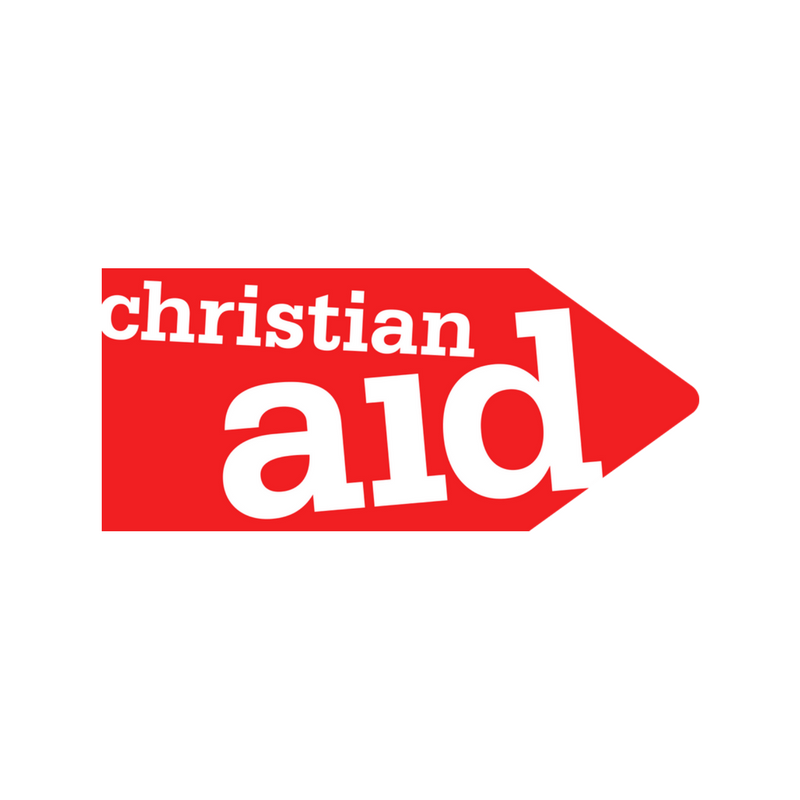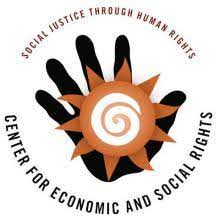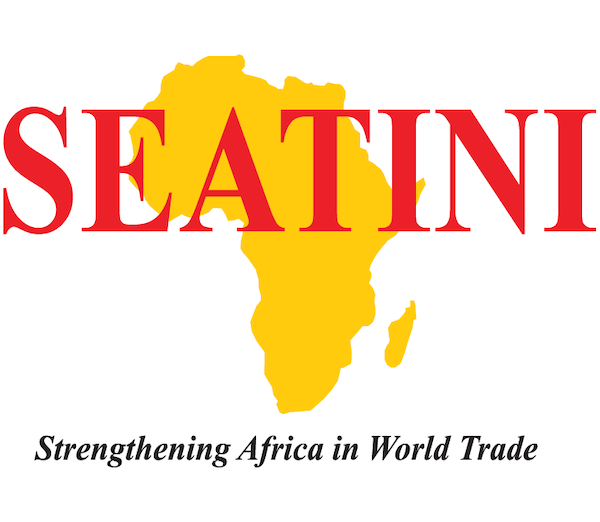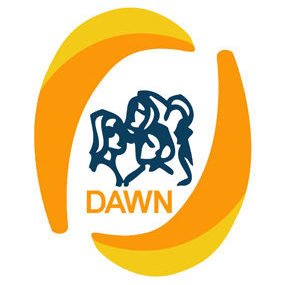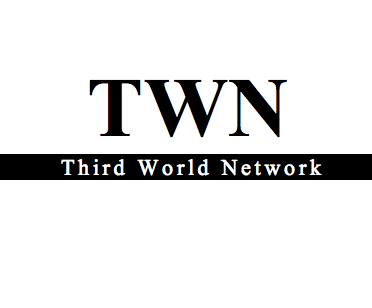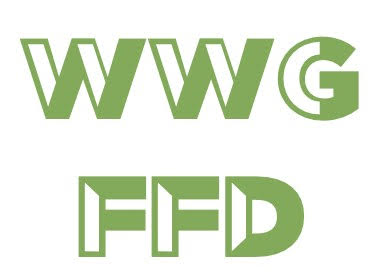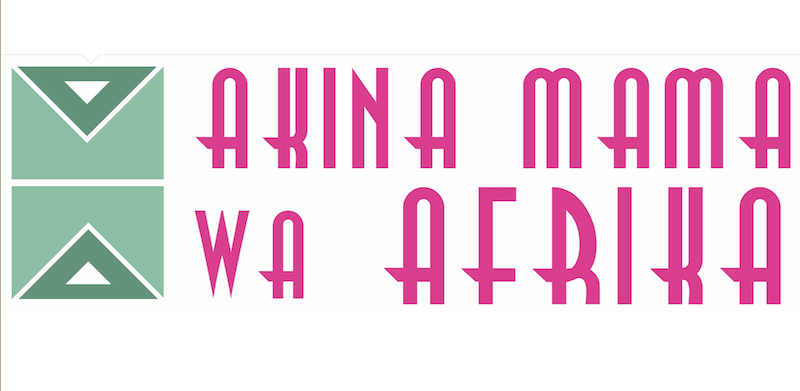

Tax Justice and Gender Equality Conference 2021
Making taxes work for women
Organised by the Global Alliance for Tax Justice (GATJ) and the members of its Tax and Gender Working Group, the Conference aims to create spaces to share, discuss and develop alternative perspectives to establish a sustainable feminist taxation and economic system for the realisation of substantive gender equality and women’s rights. It will be a safe space to connect with other organisations, advocates and activists, build alliances and advance both tax justice and gender justice.
When
Monday - Wednesday
6th - 8th December, 2021
Where
Online
Zoom Meeting
Who
Global Alliance for Tax Justice
HIGHLIGHTs
DOcumENts
meet our speakers
Caroline Othim
schedule details
Note: You need to register for each event separately. The start time of all sessions is indicated in East Africa Time.
Task force working session
This is a highly organized session that will bring together members of the task force to draft the Conference Communique, Tax and Gender Commitment and to update the Bogota Declaration.
Music and Meditation - Spotify playlist
Country perspectives on public services, unpaid care, austerity and tax justice
This session brings the work from across ActionAid federation and the TaxEd Alliance. The TaxEd Alliance working both on feminist progressive revenue mobilisation, but also spending, the importance of adequate financing education in diminishing unpaid care work, using the Gender Responsive Public Services. The session will draw on research across 10 countries on the Public Versus Austerity looking at how public sector wage bill cuts affect public services and unpaid care work. Women are triply disadvantaged when public services are cut due to increased unpaid care, reduced access to services and loss of decent work opportunities. And finally the role tax justice can plan countering austerity narratives, while calling for alliances between tax justice and end austerity campaigners.
Fair tax systems in Africa. Do women and girls matter?
The session will be premised on research findings and practical experiences by the session organizers in Uganda and Zambia with focus on the following aspects. Impacts of key tax policies/proposals on women and girls, the overall gendered aspects of the tax system in each of the countries; multinationals businesses and tax incentives . The OECD/G20 inclusive framework on BEPs global minimum tax and the issue of negotiations of a UN Global Tax Treaty and status of collaboration between the Ministries of Finance , revenue authorities, and Civil Societies.
Global taxation for a worldwide basic income: supporting unpaid care
This session will present the experiences of women receiving UBI in lower income countries, and will explore the emerging movement for a worldwide basic income, funded through global taxation.
Plenary - Opening Session “Shifting the Narratives; feminist taxation perspectives,”
This will be a High level roundtable with policy makers to officially open the Conference. The COVID-19 crisis of multiple dimensions is deepening the pre-existing structural inequalities, such as gender inequality in its different manifestations. Regressive and discriminatory tax policies are being used to raise government revenues, and continue to negatively impact poor people, especially women. Moreover, a broken international tax system and financial architecture continue to enable opaque legal structures and entities to facilitate illicit financial flows and tax abuse by the wealthy elite and multinational companies, depriving governments of much needed resources to fund public services. The session will highlight the need for structural reforms that uphold redistributive justice, including equal and progressive reforms in tax systems, where the wealthy elites and MNCs pay their share of taxes. The session will reassert the importance for governments to explore financing models that are truly transformative, address inequalities and advance gender and economic justice.
Action Aid- Intergenerational feminist conversation intersectionality in tax and gender justice
Feminist exploration - Intergenerational and intersectional feminist conversation on intersectionality in tax and gender justice - share lessons, solidify the tax justice movement and encourage younger activists to reimagine new ways of economic and tax justice realities – beyond gender normative or heteronormative.
The impact of tax policies on women and vulnerable groups in Togo
EVENT CANCELLED
Task force working session to draft the Conference Communique and update the Bogota Declaration
Task force working session
This is a highly organized session that will bring together members of the task force to draft the Conference Communique, Tax and Gender Commitment and to update the Bogota Declaration.
Music and Meditation - Spotify playlist
Music:
https://open.spotify.com/playlist/3MtfYtKIhQuK58YYkS0P9A?si=3236ca20f06449c1&nd=1
https://open.spotify.com/playlist/4q3LZB1KMASggZJzzoAa0f?si=fa644b13ed3f4241&nd=1
POETRY SESSION "breathing life to taxes and equality through words"
Its going to be a session of connecting and networking through the use of words, through poetry.On this day, several poets will recite poetry pieces which speak to tax justice .Broadly on definitions, what effect taxes have on women , how to reduce unfair tax burdens on women, how to ensure adequate financing and delivery of gender responsive social services, removal of gender bias and discrimination in tax policies
Women rights and leadership in natural resource governance: opportunities for progress in West Africa
1. Share findings from PWYP’s review on progress in implementing the 2019 EITI Standard provisions on gender
2. Share experiences of women engaged in natural resource governance in decision-making spaces at national (EITI) and regional (ECOWAS) level
3. Explore approaches for a gender responsive allocation and use of extractive revenues
4. Highlight opportunities and strategies to foster women’s leadership and voice in the natural resource governance
POETRY SESSION "breathing life to taxes and equality through words"
Its going to be a session of connecting and networking through the use of words, through poetry.On this day, several poets will recite poetry pieces which speak to tax justice .Broadly on definitions, what effect taxes have on women , how to reduce unfair tax burdens on women, how to ensure adequate financing and delivery of gender responsive social services, removal of gender bias and discrimination in tax policies
The role of taxation in green, just and feminist transition
An explorative session to share ideas and connect on taxation for a just transition that is not only green and fair but also feminist – together with other feminist organisations working on this. Including ActionAid’s soon to be published briefing Taxation for a Just Transition.
Feminist People's Recovery: Analysing Gender Impacts of Covid-19 Recovery
Covid-19 recovery spending has shown that fiscal expansion is possible when governments and international institutions determine it desirable, thus breaking a key part of the neoliberal orthodoxy that there is no money. The role of the state is also seen as critical to health, social protection and unpaid care and domestic work that support the rest of the economy. These need urgent support, and the money is there if we shift the tax policies at all levels, national, regional and international to meet these new demands.
However, due to a corporate bias recovery spending was only 3.6% of GDP in in 9 countries in the global South in 2020, and 63% of this went to large corporates in loans and tax breaks to uphold the existing neoliberal economy, only 22% went to social protection grants and job protection schemes - with a bias to the formal sector in many countries rather than the care economy. For our 2021 analysis of 30 countries, we are looking at both the gendered impacts of both the corporate and the social protection spending.
Feminists organising globally on tax justice and women’s rights
It will be an interactive and participatory session that will introduce the tax and gender working group to new members. Speakers will highlight the nexus between tax justice, gender equality and women's rights by looking at the different types of taxes and their implicit and explicit gender biases and impacts, as well as the impact of tax avoidance by large MNCs and wealthy individuals. The session will explore how we can tackle illicit financial flows in order to finance women’s human rights and take action for progressive gender-just tax systems. The breakout rooms segment afterwards will be a meet and greet opportunity for members of the working group to network and connect.
Tax justice and gender equality in Latin America and the Caribbean
In a context of public deficit, debt and precariousness of the public health systems, it is necessary to analyze the fiscal space and the mechanisms that are currently being used for the implementation of policies in Latin America and the Caribbean. The RJFALC, together with Latindadd and GATJ, invites you to participate in this discussion with Latin American experts to find alternatives to make taxes work for women.
Task force working session to draft the Conference Communique and update the Bogota Declaration
Task force working sessions to draft the Conference Communique and update the Bogota Declaration - vote?
This is a highly organized session that will bring together members of the task force to draft the Conference Communique, Tax and Gender Commitment and to update the Bogota Declaration.
Taxation Policies and Gender Inequality in South Asia
Understanding the importance of tax and fiscal justice on addressing multiple inequalities in the region, South Asia Alliance for Poverty Eradication (SAAPE), a regional platform, working against the structural causes of poverty, inequality and social injustices in South Asia and South Asia Tax and Fiscal Justice Alliance (SATaFJA), South Asian regional network working on the issues of taxation and inequality level with major emphasis on gender justice is concerned about the shocking rise of inequalities affecting millions of people especially women in South Asia.
Tax Policy Development for Gender-Responsive Budgeting and Making tax work for gender equality in cameroon.
Gender Responsive Budgeting (GRB) is a tool for addressing gender equality, in the design and administration of tax policies.
This session aims to strengthen the capacities of Cameroonian parliamentarians in their advocacy for the promotion of gender through progressive taxation, feminist and oriented on human rights in general and women in particular. Capacity building will be done through certain tools from different organizations (ActionAid, Akina mama wa Africa, etc.) taking examples in the national context. A participatory approach based on examples and internal resources to facilitate learning will be used. The production of messages at the end of each sequence will be encouraged to facilitate the internalization of knowledge.
Why you should care about the new G7 tax deal: its gender implications for Africa
This session will give an overview of the “historic” tax deal that was announced as part of this year’s G7 Summit, which would see the introduction of a new global minimum tax rate for corporations. As the deal moves from endorsement to implementation, serious questions remain about its likely impacts and who it will really benefit. Panelists will share what the implications of this deal are on African countries, with a specific focus on how this will affect women’s access to key public services.
Reflection Action Toolkit on tax, public services, unpaid care work
Workshop using sections from the Reflection Action Toolkit made up of a variety of participatory tools to help people analyse rights and power and to better understand and plan action on the issues that affect them.The workshop will talk through different tools based on segments on tax power, Public Service Accountability, Accountability in gender responsive quality service delivery and Women's Unpaid Care Work allowing to explore the tools and to discuss the tools from a gender perspective lead by colleagues that have used this in their countries, exploring how to bring tax and gender issues to the community level.
Plenary to present conference communique and Bogota Declaration+4 - Closing Session: GATJ
This will be a High Level Public Session that will provide a wrap up for the Conference, addressing progress, evaluating the current situation, summarizing challenges; highlighting good practices; and formulation of policy positions into the tax and gender working group strategy through the presentation of the:
Conference Communique
Bogota Declaration +5
Generation Equality Action Coalition Commitment on Tax and Gender.
